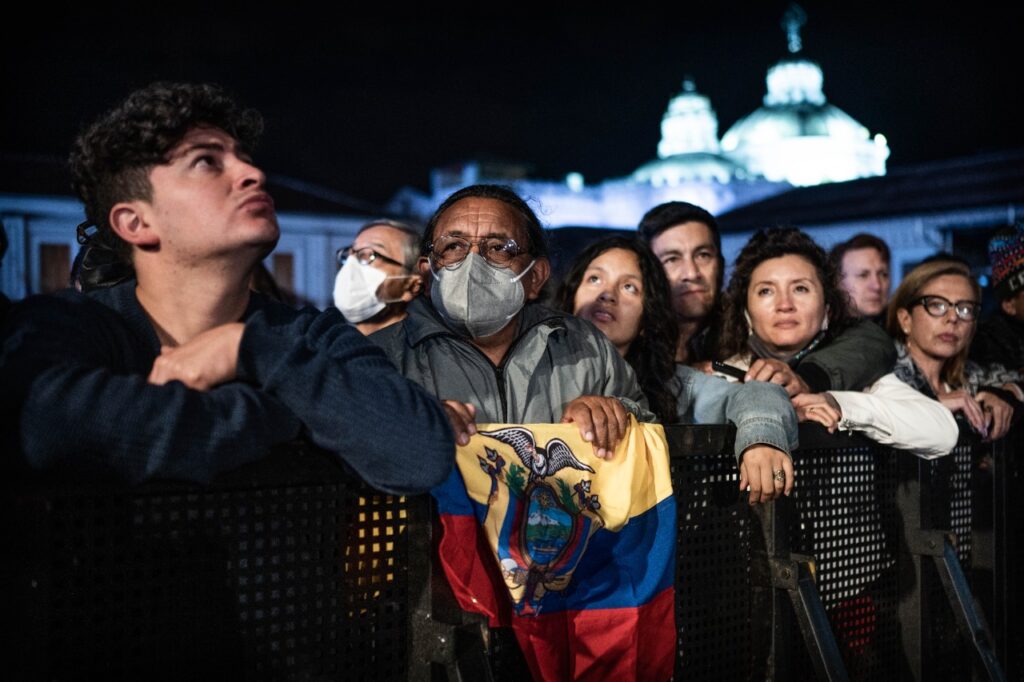
El 24 de mayo de este año se conmemoró el bicentenario de la Batalla de Pichincha en Ecuador, misma que significó un hito en la historia de dicho país, pues fue clave para lograr su independencia.
Los intentos por liberar a Ecuador comenzaron en 1809 después de que en Quito se proclamara la Primera Junta de Gobierno Autónoma de Quito, lo que tuvo como consecuencia una serie de batallas que dejaron una cuantiosa cantidad de pérdidas humanas y materiales. Así, comenzaron a darse campañas militares que buscaban la liberación del territorio.
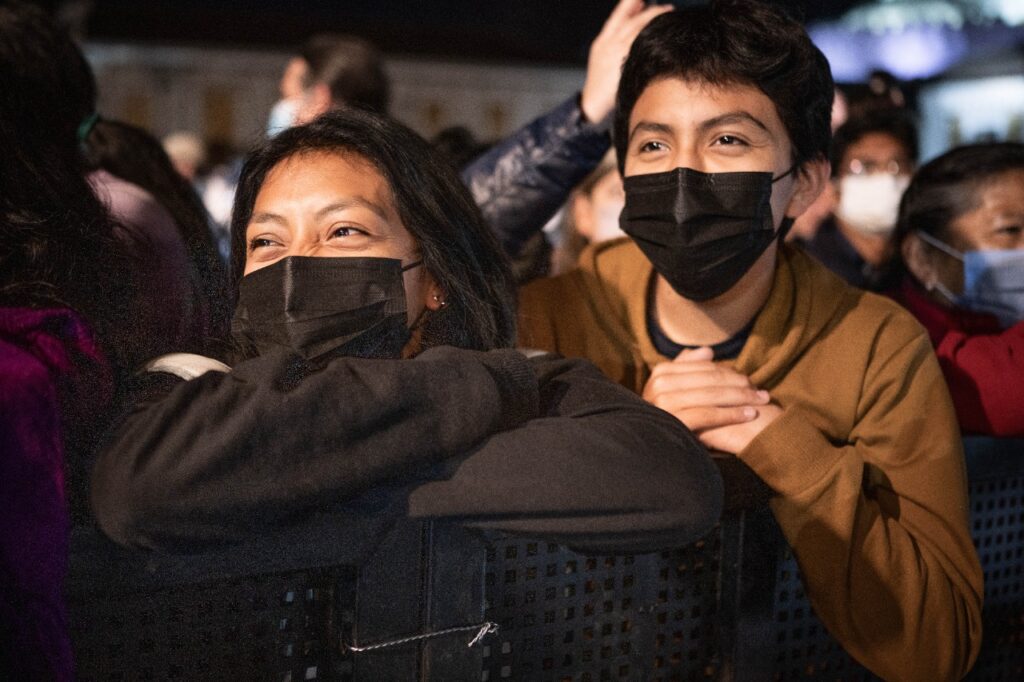
A las faldas del volcán Pichincha, el 23 de mayo de 1822 sucedió la batalla entre el ejército de la Gran Colombia encabezado por el general Antonio José de Sucre y el ejército realista liderado por el español Melchor Aymerich.
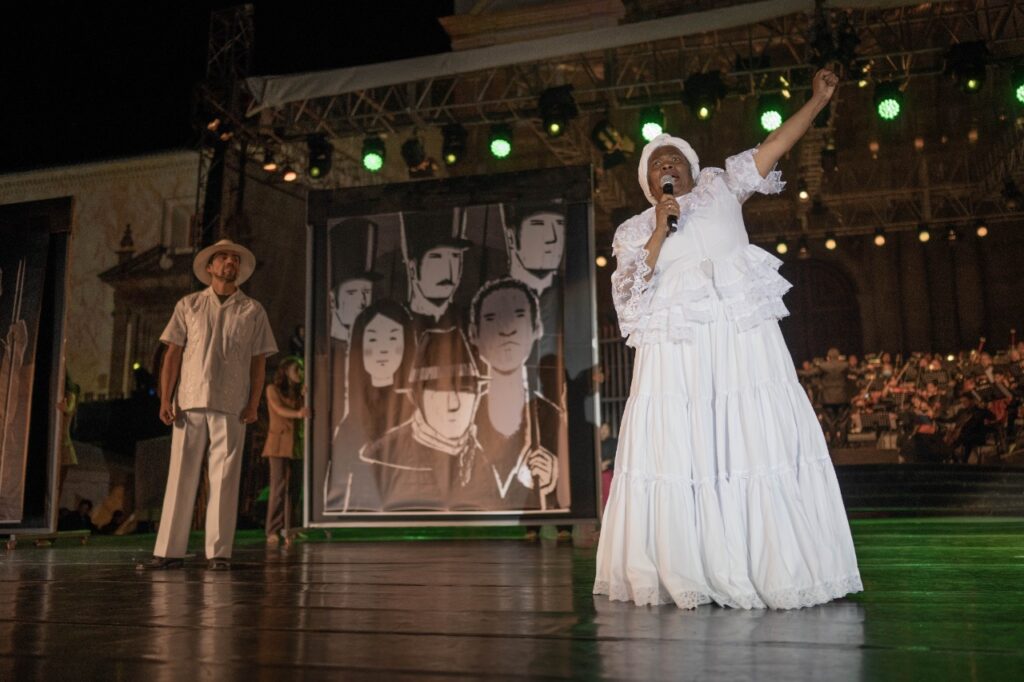
El triunfo de las tropas al mando del general Antonio José de Sucre tuvo como resultado -al amanecer del 24 de mayo-, la liberación de las provincias pertenecientes a la Real Audiencia de Quito y a la corona española y abrió las puertas al sueño de Simón Bolívar de liberar América del Sur.
Por ello, en este día se reconoce y conmemora la entrega del ejército liderado por Antonio José de Sucre mediante una serie de eventos como una ceremonia militar, la Cabalgata Bicentenaria -en la que el ejército vive en carne propia la Batalla de Pichincha- y la Cantata, asimismo existe un monumento conocido como «El Templo de la Patria» en homenaje a la Batalla de Pichincha y en donde se realiza una ceremonia militar.
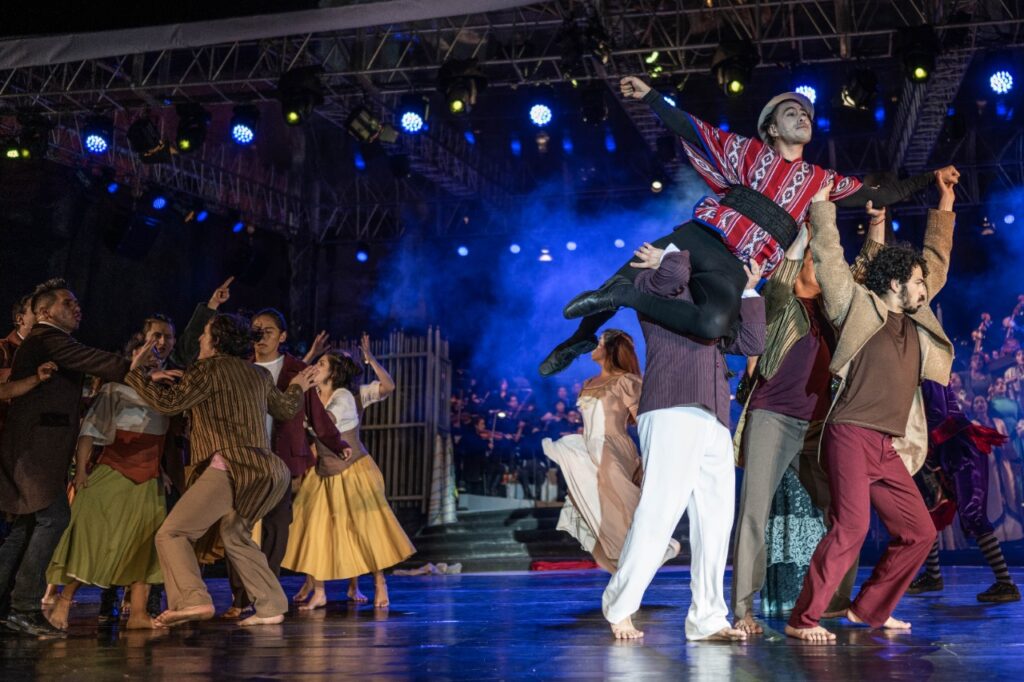
Como parte de los festejos del Bicentenario de la Independencia de Ecuador se realizó en Quito, la capital del país, una obra llamada La Cantata: 1822 «La historia que no termina», misma que, bajo la dirección general de la Fundación Teatro Nacional Sucre, combinó la danza, las artes visuales, la dramaturgia y la historia.
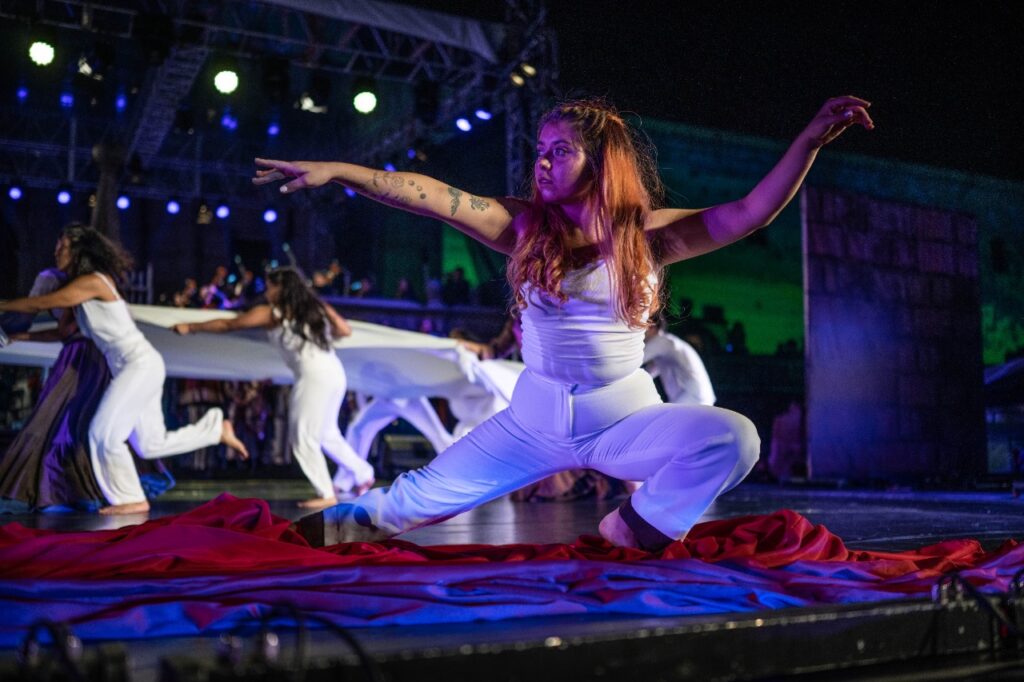
En este espectáculo, de tres actos, participaron grupos de cuerdas, la Banda Sinfónica Metropolitana de Quito, la Orquesta de Instrumentos Andinos, así como Ensamble de Guitarras de Quito, Coro Mixto Ciudad de Quito, Coro Juvenil y una serie de bailarines.
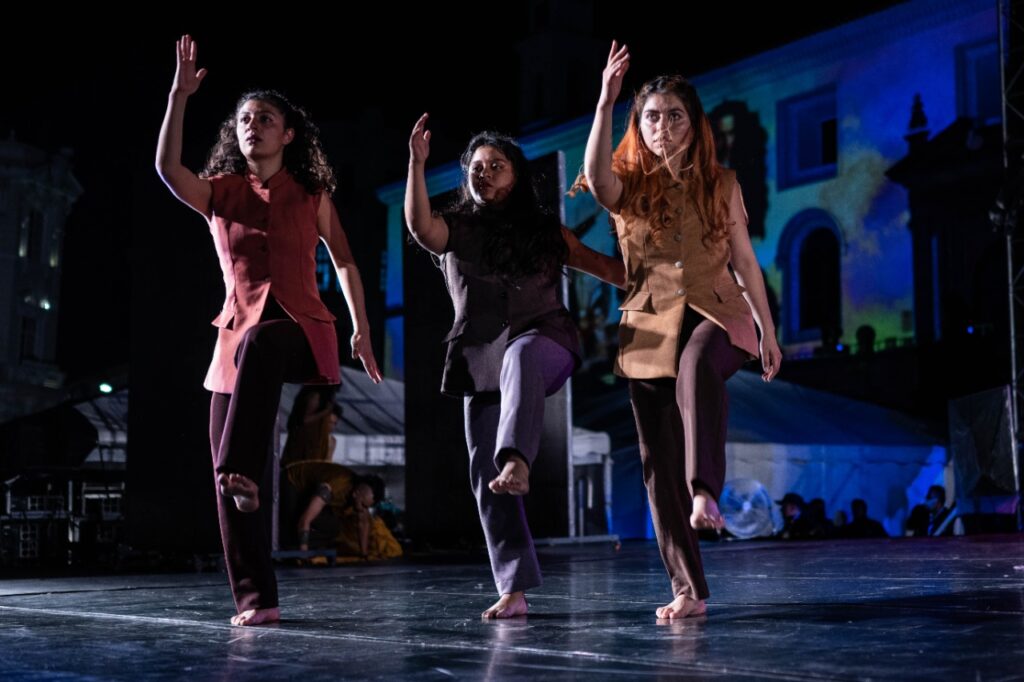
Te puede interesar: Elecciones de Colombia contarán por primera vez con observadores de la comunidad trans

